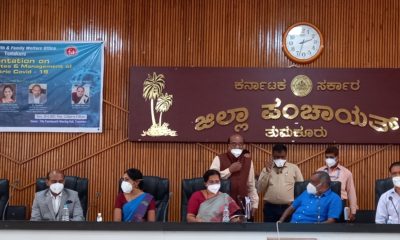EDITOR'S PICK
MIS-C Wave Likely In India Post Second Covid Wave
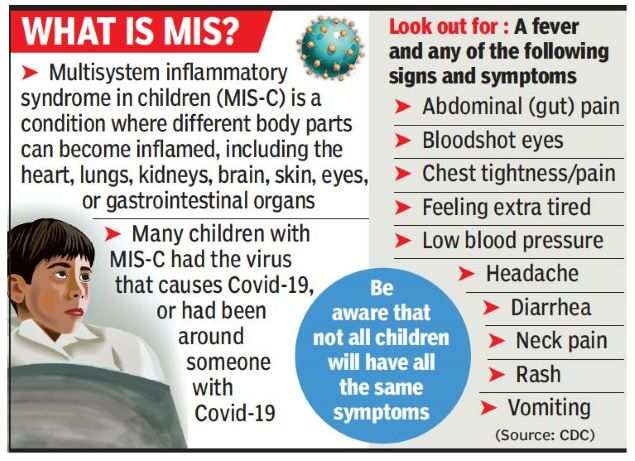
~ Multisystem Inflammatory Syndrome (MIS-C) is an immune system mediated hyper inflammation targeting children, adolescents & young adults; more than 50% develop heart problems ~
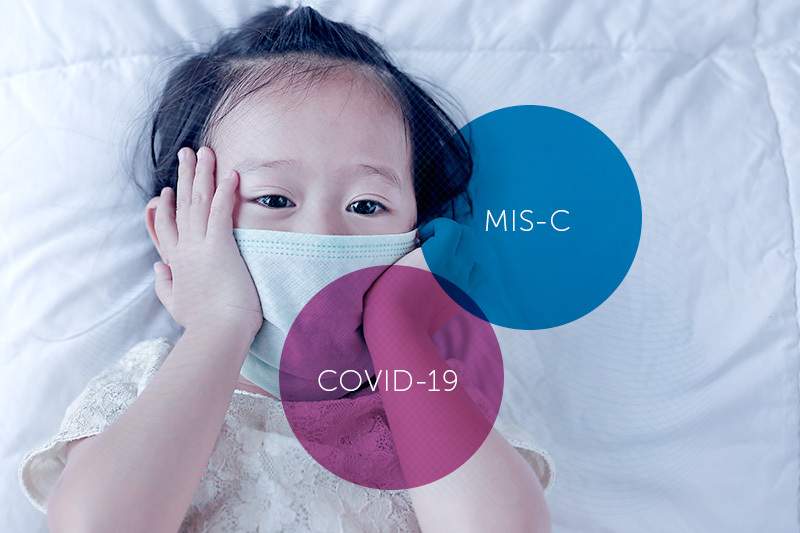
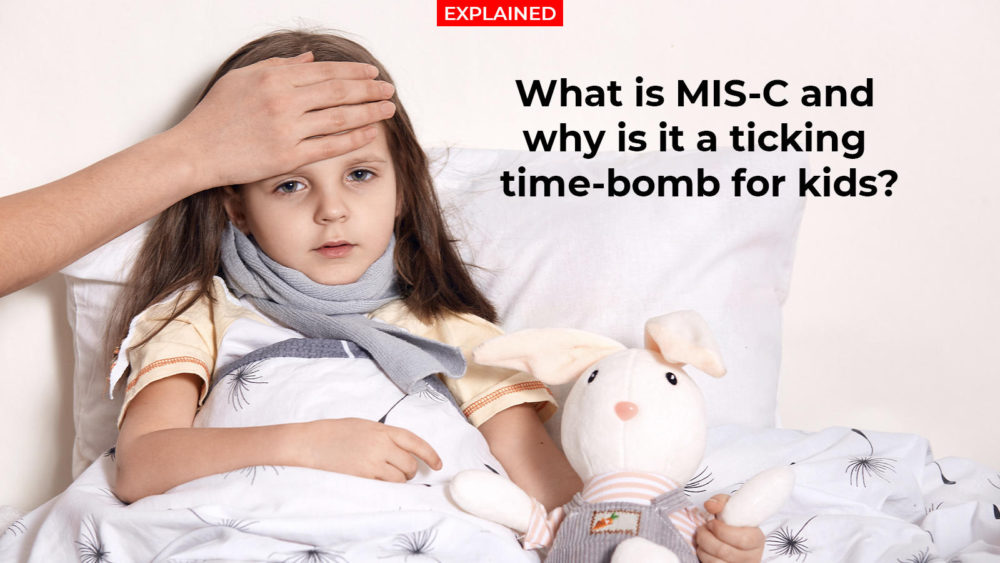
The disease, which mainly affects children who are exposed to Covid positive individuals in their household or themselves have been infected with Covid, begins to manifest symptoms 3-6 weeks after a wave of Covid has already swept through the adult population.
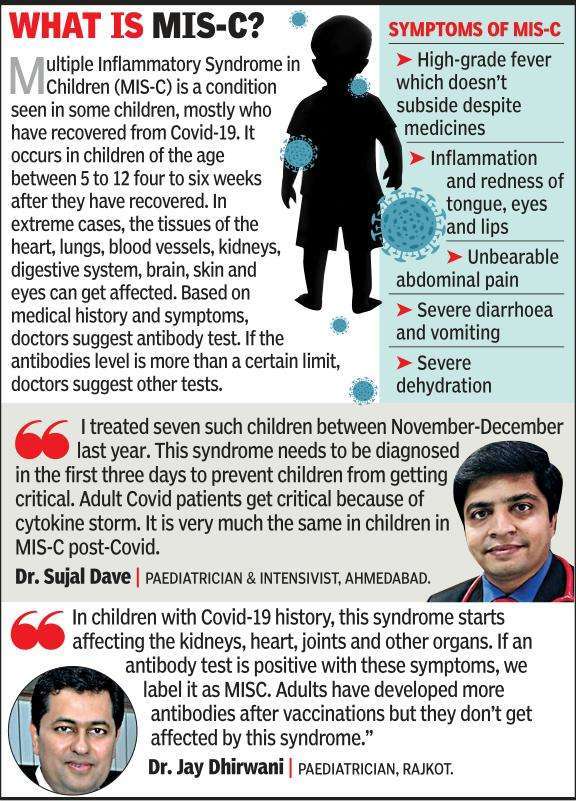
With the second wave of Covid now coming to an end, doctors at Amrita Hospital feel that it is only a matter of time before MIS-C wave will begin to take over the young population.
The disease is an immune system mediated hyper inflammation that seems to target children, adolescents, and young adults; more than 50% of those suffering from MIS-C develop heart problems. The severity of heart damage in patients is what determines the outcome of the illness.
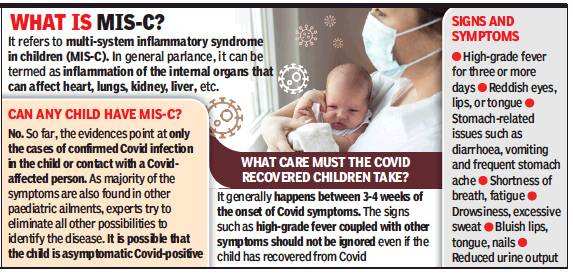
Commenting on the rising incidence of cases, Dr. Suma Balan, Rheumatology AIMS Kochi, said, “MIS-C has been observed to have a correlation with the Covid wave in adults – the larger the Covid wave, the bigger is the MIS-C wave.
Since the current Covid wave in South India has been the largest so far, we are anticipating a huge MIS-C wave in Kerala and South India in the months to come.
Symptoms of MIS-C include rapidly progressing state of high-grade fever with poor function of several organ systems especially the heart and gastrointestinal organs and are found mostly in Covid negative cases.
A child with MIS-C may have been completely asymptomatic if they had COVID-19 infection previously and may not have been tested simply because of lack of symptoms. MIS-C starts to manifest within a period of 4 to 6 weeks of having survived COVID.”
MIS-C needs to be treated by administration of steroids and intravenous immunoglobulin along with supportive management which requires intensive care in most cases.
Some children need breathing support and medications to support the failing heart. Because of the high costs of intravenous immunoglobulin, the treatment for MIS-C incurs a high cost.
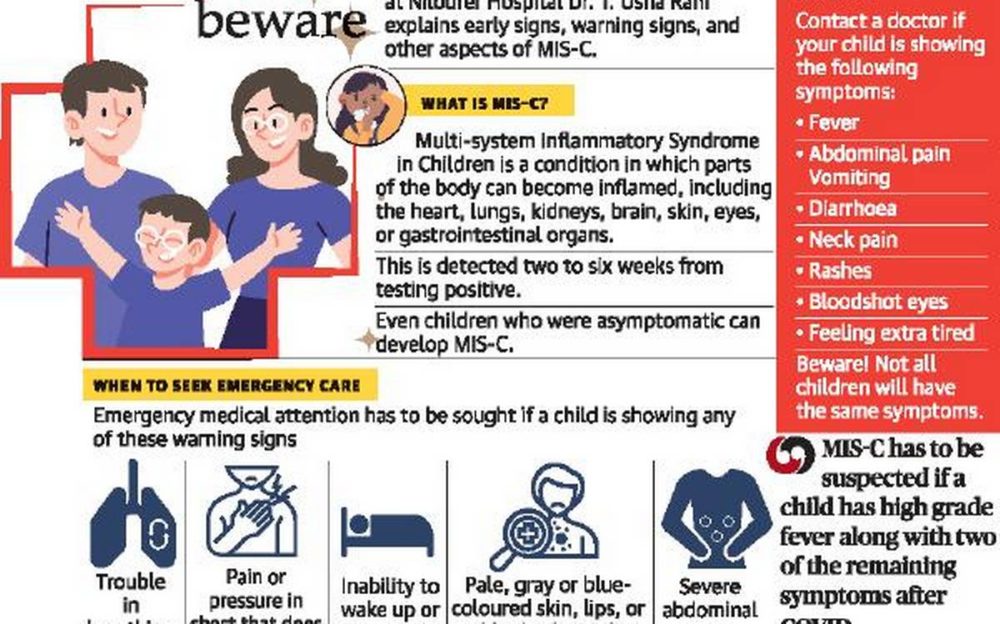
Elaborating on how MIS-C can affect the heart, Dr Mahesh Kappanayil, Clinical Professor, Department of Pediatric Cardiology, Pediatric CMR Services, said, “It is critical to identify the extent to which the heart is affected by way of ECGs, blood tests and intensive monitoring.
In some cases, children may require pacemaker implantation to support heartbeat. The heart shows excellent recovery if supported well during the critical phase of the illness.
If the heart is significantly affected, such children need to be given specific medicines to improve heart pumping and to maintain blood pressure, in addition to the overall treatment of MIS-C.”
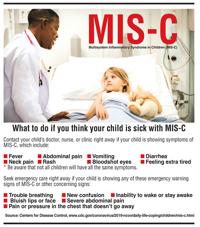
Explaining the treatment protocols to be followed, Dr Sajith Kesavan, Senior Consultant and Head, Department of Pediatric Pulmonary and Critical Care added, “When MIS-C affected children become sick enough to need intensive care, they also usually need IVIg treatment.
Though expensive, this treatment can save a lot of lives. Because of its multisystem presentation, a wide range of medical professionals may need to be consulted by those suffering from it.
If a child is suspected to be suffering from MIS-C, it is imperative that a history of a possible Covid link be explored and an appropriate treatment suggested accordingly.”
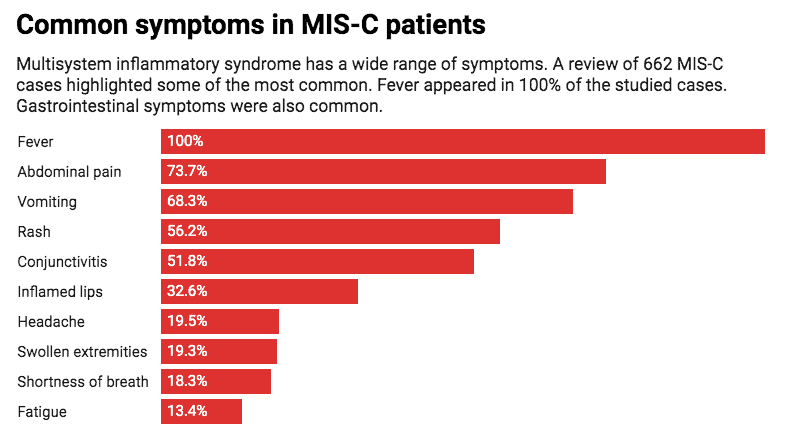
Dr C. Jayakumar, Head and Professor at the Department of Pediatrics, School of Medicine added “In MISC different systems are involved. But in Kawasaki disease cardiac involvement is the dangerous problem. MIS-C, there is involvement of gastrointestinal tract, lung, kidney, skin in addition.
This condition can be fatal if not recognized early and should be managed adequately with not usually used drugs like steroids, intravenous immunoglobulins, immunomodulators and in some cases Extracorporeal membrane support.
During this Covid pandemic, irrespective of the fact that one has had Covid or not, if there is fever or other symptoms, medical care must be sought at the earliest. Please do not ignore symptoms of any disease in this season of the pandemic.”
The best ways to tackle MIS-C are through prevention i.e., by ensuring vaccination of all adults in contact with children and management i.e., through timely identification and treatment of the infection.
Unless these measures are observed strictly, children will continue to be affected by this deadly disease which may even prove to be fatal if not treated at the earliest.
About Amrita Hospital

Amrita Institute of Medical Sciences (Amrita Hospital), based in Kochi, is one of the premier hospitals in South Asia. Founded in 1998 by Mata Amritanandamayi Devi (known worldwide as AMMA), it offers a full range of primary and specialty care medical services.
AMMA’s vision of providing advanced medical care to the poor and disadvantaged was the inspiration for Amrita Hospital, which today is a 1100-bed (490 units) tertiary referral and teaching hospital, serving more than 10 lakh outpatients and more than 70,000 inpatients annually.
The massive healthcare infrastructure with over 3.33 million sq.ft. of built-up area, spread over 125 acres of land, supports a daily patient volume of approximately 3500 outpatients with 95 percent inpatient occupancy. There are 12 superspeciality departments, 45 other departments, 4500 support staff and 670 faculty members.
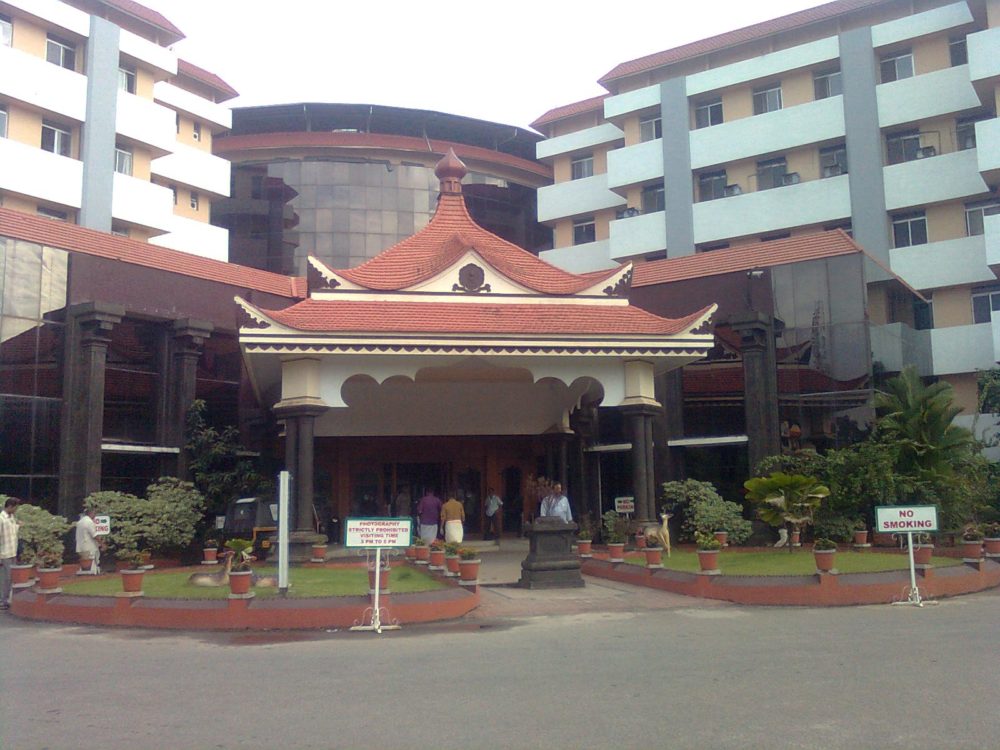
The hospital’s extensive infrastructure offers facilities comprising 28 modern operating theatres, 275 equipped intensive-care beds, a fully computerized and networked Hospital Information System (HIS), a fully digital radiology department, 17 NABL accredited clinical laboratories and 24/7 telemedicine service.
In 2015, South Asia’s first ever Bilateral Hand Transplant Surgery was done at Amrita Hospital. The same year, Amrita Hospital won the British Medical Journal Award for the Best Surgical Team in South Asia.
The Amrita team won the award for its two successful double hand transplants, the first and the second bilateral hand transplants in this region.
MEDIA RELEASE




